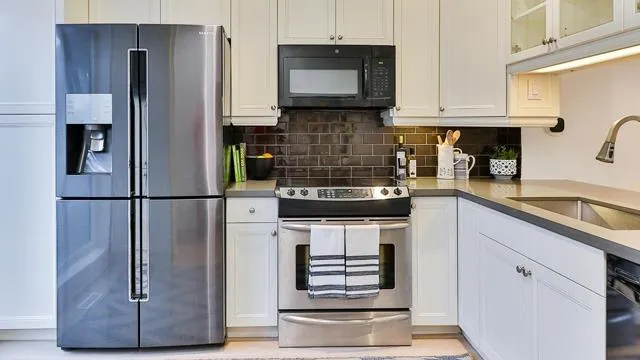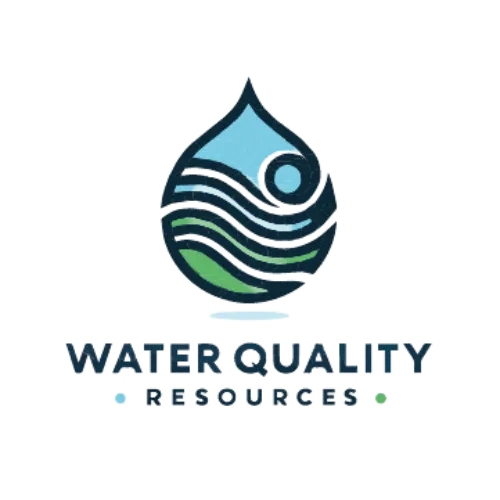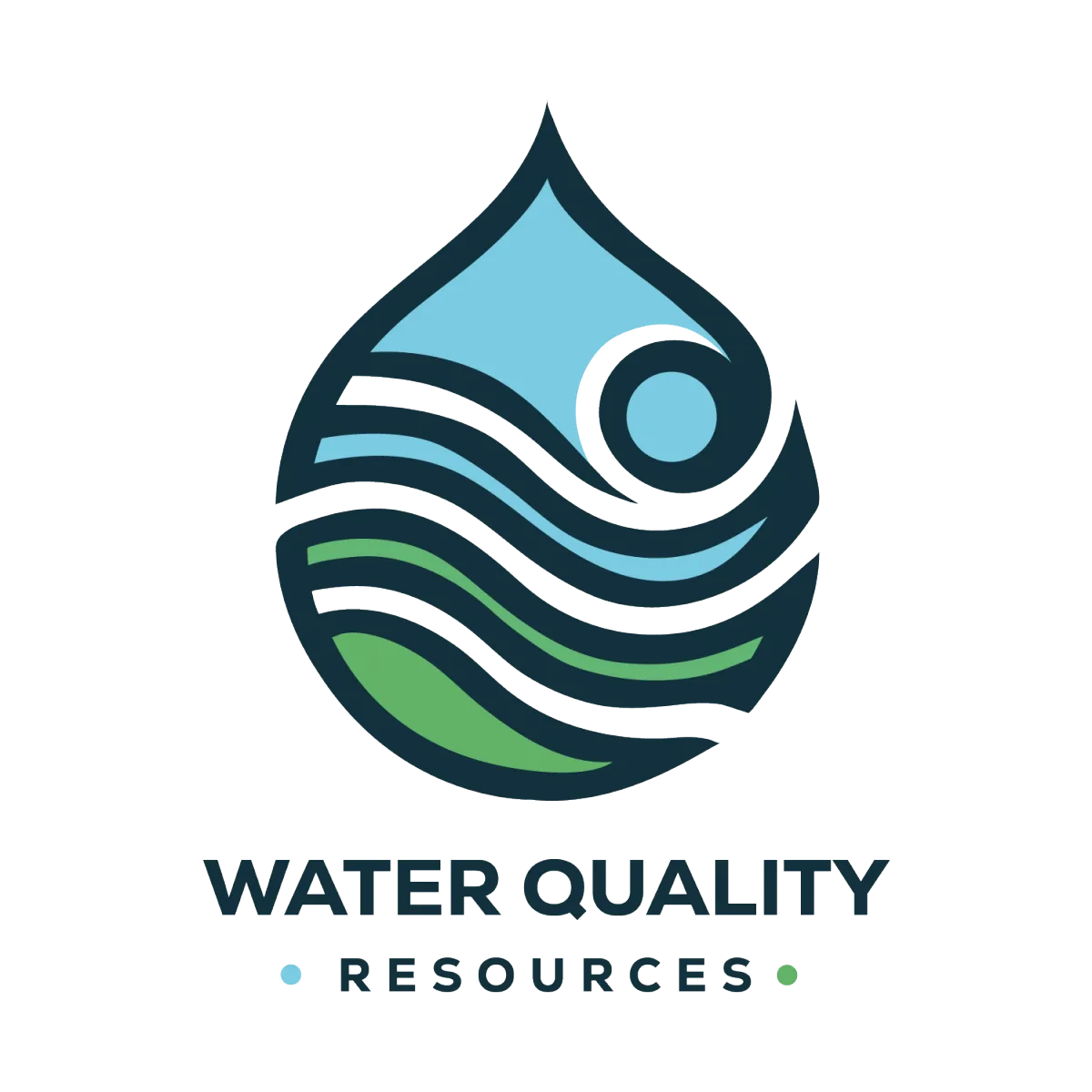Water Quality Resources is our go-to blog for all things related to water health and safety. Here, we delve into the essential topics of water quality, providing you with the latest research, expert advice, and practical tips to ensure your water is clean and safe. Whether you're a homeowner, a scientist, or just someone interested in environmental health, our blog offers valuable insights and resources to help you understand and improve the water you use every day. Join us on a journey towards better water quality and a healthier future.
Browse Our Categories!
Featured Videos:
Recent Articles:

Protecting Your Investment
Water softener systems play a crucial role in enhancing the quality of your water. Water is used for various purposes in our day-to-day lives. These systems are designed primarily to remove minerals such as calcium and magnesium, which are the main causes of hard water. They are not designed to clean captured turbidity or sanitize your household water softener.
It is important to note that immediately upon installation, a water system can become a breeding ground for biofilm and turbidity if not properly flushed and sanitized regularly. Therefore, it is essential to maintain and sanitize water softener systems to protect both the life of your investment and the life of your water filtration system, whether it is a softener, carbon filter, or reverse osmosis system. This includes all water passing through all plumbing or water holding systems, as well as sanitizing areas where water touches, such as pipes, pumps, faucets, countertops, utensils, and pet water bowls.
One of the primary reasons we should regularly sanitize water softener systems is to minimize the formation of biofilm colonies. Biofilm refers to the slimy layer of bacteria and other microorganisms that form on the surfaces of water treatment devices. In water softener systems, this biofilm can accumulate on various components, including resin beads and pipes. If left unaddressed, biofilm can lead to issues such as decreased efficiency of the water softener system, foul smells, and even degradation of water quality. This can result in the system failing to remove minerals effectively, rendering the water unfit for use. Thus, by sanitizing the system regularly, the growth of biofilm can be prevented or minimized, ensuring the efficient functioning of any water softener.
Furthermore, regular sanitization of water softener systems is essential to reduce turbidity. Using the right sanitizer can effectively dissolve turbidity, which is referred to as the cloudiness or haziness of water caused by suspended particles. These particles can include fine silt, clay, algae, or even bacteria.
If the water softener system is not sanitized regularly, these particles can accumulate and settle within the system, leading to increased turbidity in the softened water. Not only does turbid water look unappealing, but it can also impact the performance and lifespan of household appliances that use water, such as washing machines and dishwashers. By maintaining proper sanitization practices, the risk of turbidity is diminished, ensuring that the water remains clear and suitable for use.
In addition to minimizing biofilm and turbidity, regular sanitization of water softener systems is imperative for protecting the investment made in obtaining the right water filtration system for your family. Water softeners are not inexpensive, and proper maintenance is necessary to ensure that they continue to function optimally for an extended period. Neglecting to sanitize the system can lead to various issues that may require costly repairs or even the replacement of the entire system. By investing time and effort into regular sanitization, the lifespan of the water softener system can be significantly extended, ultimately saving money in the long run.
Moreover, regular sanitization of water softener systems is fundamental for ensuring the life of the water softener itself. As mentioned previously, the buildup of biofilm and turbidity can lead to decreased efficiency in removing minerals from water. When the water softener system is not functioning properly, it not only affects the quality of the water but also puts additional strain on the system, potentially causing damage and reducing its lifespan. By taking proactive actions such as regular sanitization, the water softener system's performance and life can be preserved, providing continuous benefits to the user.
In conclusion, maintaining regular sanitization practices for water softener systems is crucial to minimize the growth of biofilm and turbidity, safeguard the investment made in obtaining the system, and prolong the life of both the investment and the water softener itself. By doing so, the efficiency and effectiveness of the water softener system are maintained, ensuring that the water quality remains high and suitable for various household uses. Therefore, it is of utmost importance to prioritize the regular sanitization of water softener systems.
At your service,
Superior Water Softeners
U.S. Navy Veteran
Subscribe:
The Inside Source
Stay up to date with what's happening in the water industry. Get exclusive first-reads and stay informed! Subscribe now!



